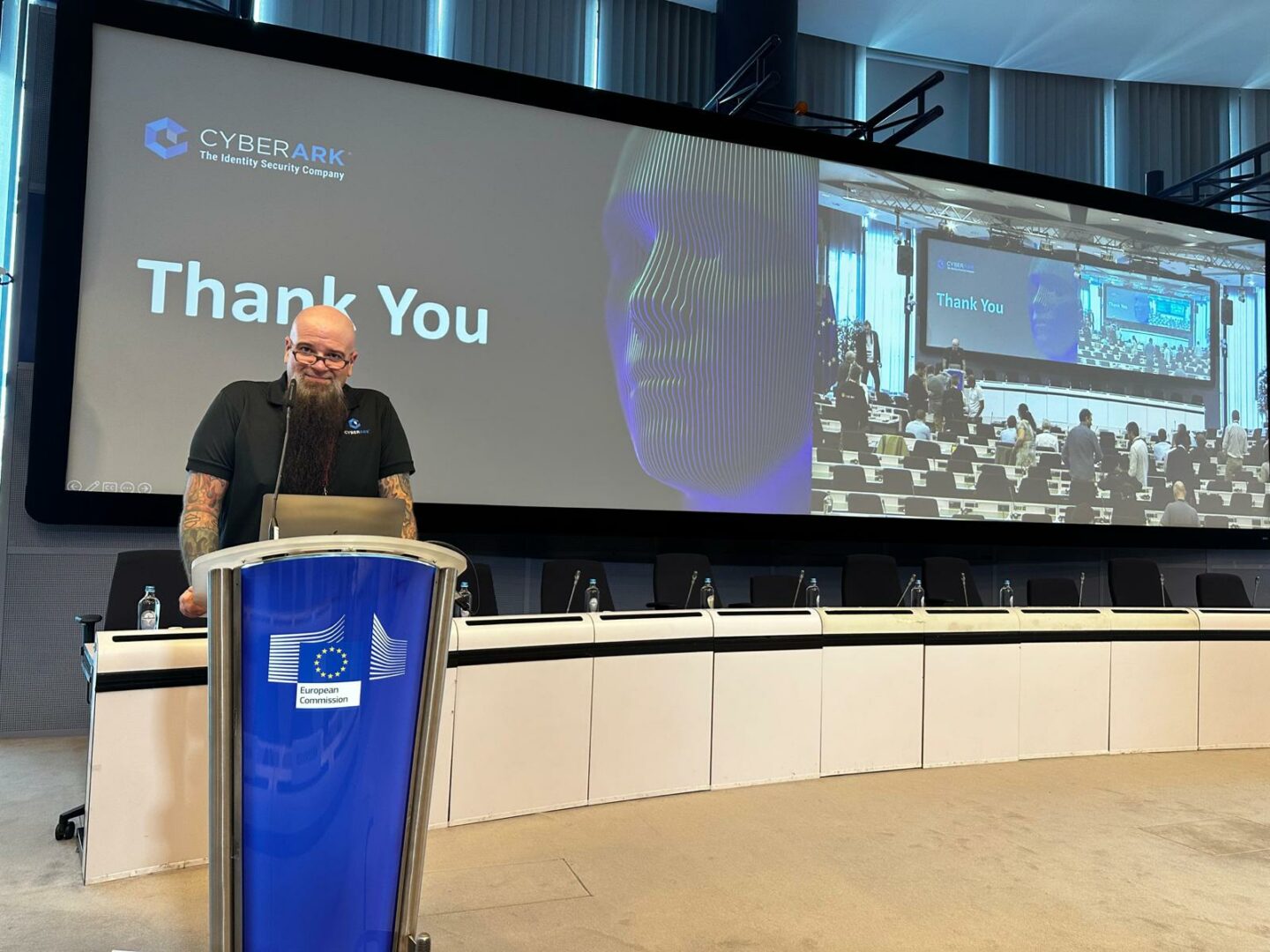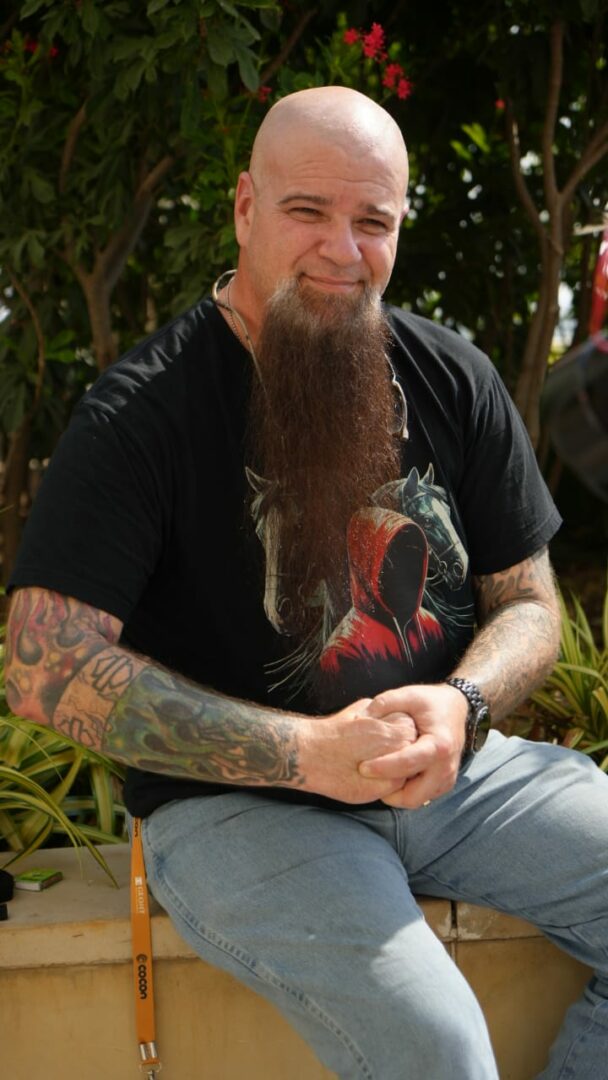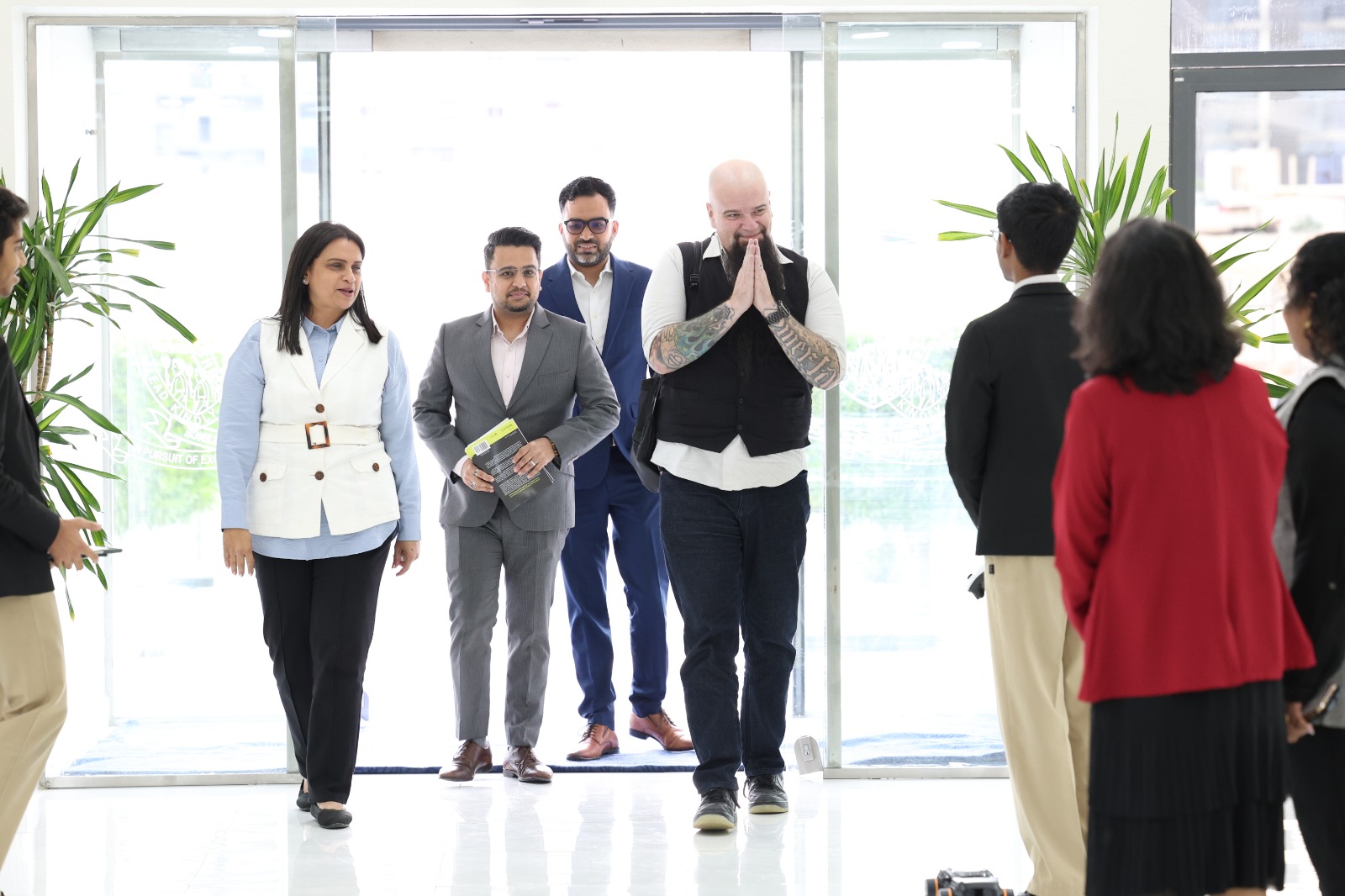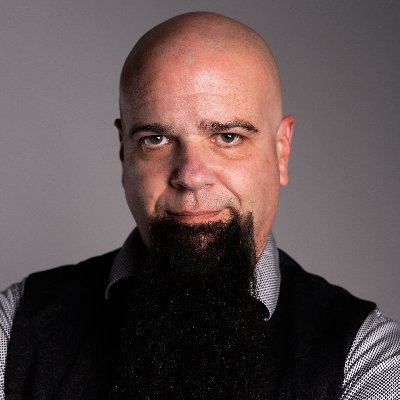Alright – so today we’ve got the honor of introducing you to Len Noe. We think you’ll enjoy our conversation, we’ve shared it below.
Len, so good to have you with us today. We’ve always been impressed with folks who have a very clear sense of purpose and so maybe we can jump right in and talk about how you found your purpose?
I was a late bloomer when it came to purpose. For much of my early life, I was the kind of person people pointed to as a cautionary tale. I never quite fit in as a child or young adult. That sense of disconnection led me down a path filled with poor choices—jails, institutions, and worse.
I spent years in outlaw motorcycle clubs, searching for the brotherhood and meaning I thought I was missing. But what I found was that the sense of family I was chasing didn’t really exist in that world. I was living a double life, never fully confronting the damage I was causing to myself or those around me.
Everything changed the day I held my first granddaughter. In that moment, looking into her eyes, I saw every mistake I’d ever made reflected back at me. It hit me that I couldn’t keep gambling with my life and freedom like it was a game of Russian roulette. Riding for the club, engaging in cybercrime—I realized I was putting everything on the line, including the stability and safety of my family.
That night, I made the decision to change. I didn’t want my grandchildren to ever look at me with the same fear my children once did. I committed to becoming someone my family could be proud of.
Ironically, the skills I had developed through a life of crime became the foundation for something positive. I took everything I knew and used it to help others—as a cybersecurity expert. I’ve spent the last 12 years proving that sometimes, it really does take a criminal to catch a criminal.
My purpose was always there. I just had to stop ignoring it—and embrace the responsibility that came with it.

Great, so let’s take a few minutes and cover your story. What should folks know about you and what you do?
I don’t just talk about the future—I live it. As someone who has integrated technology directly into my own body, I’ve become what some call a cybernetic organism. But to me, it’s more than just a label. It’s a mission. My implants—ranging from RFID chips to cryptographic bionic devices—aren’t just gadgets. They’re part of how I interact with the digital and physical world, securely, efficiently, and with purpose.
I believe the future of humanity lies in the intentional fusion of biology and technology. As the digital landscape grows more complex and our dependency on it deepens, we must evolve with it—not just through software and machines, but through ourselves. Augmenting the human body isn’t science fiction anymore. It’s a tool for empowerment, for protection, and for expanding what it means to be human.
This isn’t about replacing our humanity; it’s about enhancing it. I see a world where bio-integrated technology helps us fight cybercrime, communicate securely, extend our capabilities, and even reshape healthcare. We’re not just users of technology—we’re becoming part of it. And in that, I see not only the next step in evolution, but also the opportunity to redefine freedom, identity, and what it means to be alive in the digital age.
To share my journey and the deeper implications of this transformation, I wrote Human Hacked. In it, I explore not only the technology I’ve implanted into myself, but the larger ethical, social, and philosophical questions that come with becoming part machine. Human Hacked is more than a memoir—it’s a roadmap for the augmented future we’re rapidly approaching, and a call to action for those ready to embrace it with open eyes and open minds.
There is so much advice out there about all the different skills and qualities folks need to develop in order to succeed in today’s highly competitive environment and often it can feel overwhelming. So, if we had to break it down to just the three that matter most, which three skills or qualities would you focus on?
If I had to narrow it down, the three most important qualities that define who I am and how I move through the world are skepticism, independence, and humility.
Skepticism has always been a part of me—almost to a fault. I’ve never been able to take anything at face value. If someone tells me something can’t be done, my first instinct is to prove otherwise. That refusal to accept limits without testing them has shaped the way I understand both technology and the world around me. It’s not about being contrary for the sake of it—it’s about curiosity, pushing boundaries, and refusing to let assumptions define what’s possible.
Independence is what drives me to use my own body as a testbed for the future. I’ve stepped outside social norms, not because I’m trying to make a statement, but because I believe real progress comes from lived experimentation. By turning myself into a human research lab, I’m not just imagining what’s next—I’m living it. And the work I do, the risks I take, aren’t just for me. They’re for the people who will come after me. If I can make that road easier or more accepted, then it’s worth it.
And then there’s humility. I know I’m not for everyone. What I do—integrating technology into the human body—pushes the boundaries of what many people consider normal or even acceptable. I don’t expect universal understanding or agreement. But I do believe that by acknowledging that resistance, and responding with patience rather than ego, I can help lay the groundwork for greater acceptance—not just of myself, but of all augmented individuals. Change doesn’t happen by forcing people to see the world your way—it happens by meeting them where they are and showing them what’s possible.

What is the number one obstacle or challenge you are currently facing and what are you doing to try to resolve or overcome this challenge?
The biggest obstacle I face—both personally and as someone who represents the transhumanist movement—is fear. More specifically, fear of the unknown.
There’s a deep-rooted anxiety in society around things that challenge traditional ideas of what it means to be human. I’ve been targeted on religious extremist websites, called everything from a cyber-demon to the bearer of the so-called “mark of the beast” just because I have a payment implant under my skin. I’ve had family members turn off their Wi-Fi or shut down their phones when I walk into a room, convinced that my body is somehow a walking cyber weapon.
The truth is, my implants are just tools—nothing more. They’re part of a much larger toolkit I use in cybersecurity, penetration testing, and ethical hacking. If I truly wanted to compromise someone’s device, I could have done it long before I ever put a chip in my hand. But the implants make the interaction between human and machine more seamless, more secure, and ultimately more powerful.
I wish people could see past fear, past ideology, and realize that human augmentation doesn’t strip someone of their humanity—it enhances it. Especially now, in an era of deepfakes, AI, machine learning, and large language models, we need to start thinking differently about how we secure ourselves and interact with technology. Bio-integration is one answer to that.
To address the fear, I focus on education and visibility. I speak publicly, I share my experiences openly, and I always make space for dialogue—even when the conversation is uncomfortable. The more we talk about these things, the more we normalize them. And that’s how change begins—not by pushing harder, but by helping people understand that the future isn’t something to fear. It’s something we build—together.
Contact Info:
- Website: https://www.i-am-machine.com
- Instagram: @lennoe213
- Facebook: https://www.facebook.com/X213X
- Linkedin: https://www.linkedin.com/in/len-noe/
- Twitter: @hacker_213
- Youtube: @hackerof9hn

so if you or someone you know deserves recognition please let us know here.




